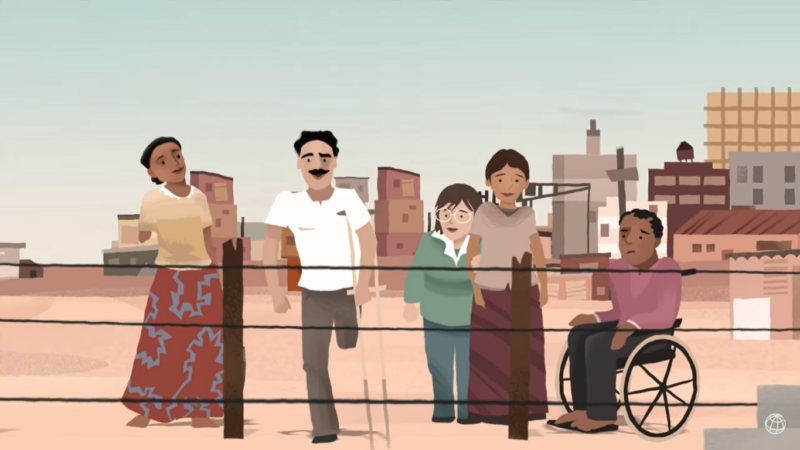The European Union has emphasized that the rights of women, children, and Persons with Disabilities (PWDs) are fundamental to building sustainable societies. According to the EU, no society can achieve full economic, political, or social development when a significant portion of its population is marginalized.
Speaking at the second annual conference of Commissioners of State Ministries of Women Affairs, held in commemoration of International Women’s Day, the EU Ambassador to Nigeria and ECOWAS, Gautier Mignot, highlighted the importance of women’s participation in decision-making. He noted that although women make up more than half of Nigeria’s population, sustainable solutions to their challenges can only be achieved if they are actively involved in governance.
“As we begin International Women’s Month, we must continue to reflect on ways to enhance the protection, access to justice, and representation of women and vulnerable groups at all levels,” Mignot stated.
He pointed out that societal barriers have placed women and vulnerable populations at higher risks of violence, poverty, health challenges, and limited educational and employment opportunities. However, he stressed that these outcomes are not inevitable, urging deliberate efforts to promote inclusion, particularly at the sub-national level, where government policies directly impact local communities.
The ambassador further emphasized that a society’s humanity is measured by how it treats its women and vulnerable groups. He called on both federal and state governments to allocate sustained funding to support gender equality and social inclusion initiatives.
He also urged lawmakers to use the ongoing constitutional reform process to establish a legal framework that guarantees equal participation for all Nigerians, regardless of gender, ethnicity, age, or disability status.
“People with disabilities are often left behind in development efforts. Inclusion, as affirmed in the UN Convention on the Rights of Persons with Disabilities, remains a priority. Many interventions still fail to fully integrate people with disabilities, but true development requires creating equal opportunities for everyone,” Mignot stated.
On child rights, he reiterated that every child deserves equal opportunities, free from discrimination. He called on Nigeria to uphold the United Nations Convention on the Rights of the Child, which guarantees every child the right to a secure and fulfilling start in life.
Reaffirming the EU’s commitment to supporting the rights of women, children, and PWDs, Mignot cited the EU’s third Gender Action Plan, launched in 2020, as a strategy to establish a gender-equal world. The plan aims to promote meaningful female participation in politics, public life, technology, and entrepreneurship.
Minister for Women Affairs, Hajiya Imaan Sulaiman-Ibrahim, represented by her Senior Special Advisor on Technical Matters, Princess Jummai Idonije, stated that the conference reflected the government’s commitment to advancing the rights and well-being of women, children, and PWDs across Nigeria.
“This gathering not only symbolizes our commitment to inclusive governance but also serves as a platform to accelerate progress toward gender equality and social inclusion at all levels,” she said.
Danladi Plang, Head of Programme for the EU-funded Rule of Law and Anti-Corruption (RoLAC) Programme, emphasized that increasing access to justice for vulnerable populations remains a core objective. He acknowledged the EU’s support in implementing laws such as the Child Protection Law, Violence Against Persons Prohibition (VAPP) Law, and legislation prohibiting discrimination against PWDs.
Plang urged state governments yet to pass crucial laws protecting women, children, and PWDs to take immediate action. He also called on governors to ensure that resolutions from the conference are implemented effectively.
Oluwatoyosi Giwa, Project Manager of the RoLAC Programme, noted that the conference provided an opportunity for stakeholders to reassess policies affecting vulnerable citizens and adopt measures that will have a direct impact on their well-being.




